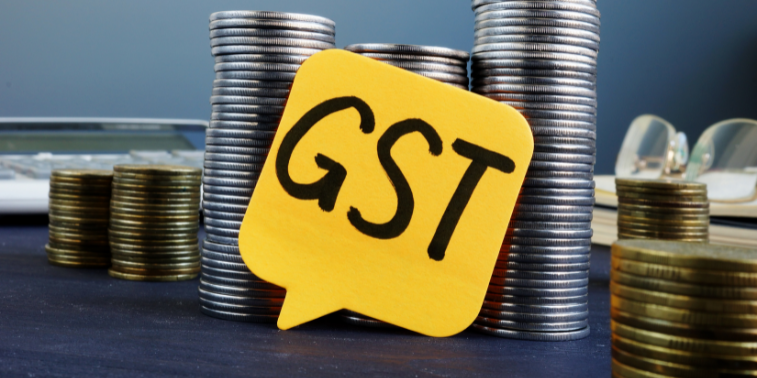September 29, 2023
GST was introduced in July 2017 to combine all the complex taxes into a single umbrella. Such tax forms included both the direct and the indirect tax being involved in any transaction. Whether you are buying goods or paying for a service, you are entitled to pay a single Goods and Service Tax. Further, the businesses are responsible for GST Return filing on time.
The introduction of such a tax form has also been done to improve process simplicity. So that not only the businesses but also the customers can have a better understanding of the tax rates/slabs implemented on a product/service.
Further considering the goods/service category, the GST department has defined multiple tax slabs. With time and changing industry dynamics, the department also introduces relevant changes to product/service categories to be included in GST tax slabs. The commonly applicable GST slabs are 0% (nil-rated), 5%, 12%, 18% & 28%.
There are reasons associated with the implementation of tax slabs in India. The classification of GST tax can be identified as:
0% Tax is on essentials/Daily life products. Some of the products in the tax slab include dairy, vegetables, fruit, education, health, and daily essentials.
5% GST is applied on products that are daily essentials but are processed, and not delivered raw. It includes sugar, oil apparel, spices, sweets, bread, economy-class flight tickets, and railway tickets.
12% GST rates are applied on products including butter, processed foods, dried nuts, mobile phones, beverages/fruit juices, and many more.
18% GST includes products such as capital goods, Industrial Intermediaries, computers, printers, mineral water, and cornflakes/pasta.
28% is levied on the products that are considered to be luxury in India. It includes cars, certified beverages, ACs, tobacco products, and other luxury items.
However, it is important to consider that not every product/service is covered under all these tax slabs. There are certain exemptions, which include petroleum products, alcohol, electricity, natural gas, and several services. Such services include the services delivered by the court/tribunal, funeral-related services, and any claim excluding lottery winnings.
Apart from these, there are still certain complexities associated with the calculation of GST on a product service. For example, if you are buying gold jewellery, then there are two different tax rates implied. The tax rate on the gold value is different and the tax value on making charges will be different. Hence, both combined will lead towards the calculation of the final tax value implied on the product.
It is important that irrespective of the industry you are operating, you must be well aware of the GST rates/slabs applicable. Also, it is important to get the relevant GST registration done as per your business and industry type. Such is important to get GST Returns fillings on time and to avoid any legal or operational complications.
Wrapping Up
Being an entrepreneur, you need to have a clear understanding of GST slabs and rules applicable to your product/service. Hence, it is a wise decision to partner with a reliable and experienced CA firm in Mumbai. An experienced CA firm can help you be updated on the relevant tax changes and GST norms applicable to your business. Also, can help you with other required accounting and bookkeeping services essential for smooth business operations.
Leave a Reply
Categories
-
A/B Testing and Personalization Tools
-
Affiliate Marketing
-
Auto Repairing
-
Bakery
-
Beer
-
Bike Insurance
-
Bill
-
Blood Banks
-
Bus
-
Buy
-
Car Designers
-
Car Insurance
-
Carpenters
-
Digital Cameras
-
Doctors
-
Fashion Designers
-
Fleet Management
-
Flowers
-
Freelancer Sites
-
Graphic Designers
-
Health
-
Hospitals
-
Hotel Management
-
Hotels
-
Internet Service Providers
-
Jewelry
-
Lawyer
-
Logo Designers
-
Masons
-
Mobile
-
Mobile Phones
-
New Cars
-
Online Courses
-
Packers & Movers
-
Pizzas
-
Rent
-
Scotch
-
Security Services
-
Sell
-
Sell Cars
-
SEO Services
-
Shoes
-
Tablets
-
Travel Insurance
-
Whiskey









